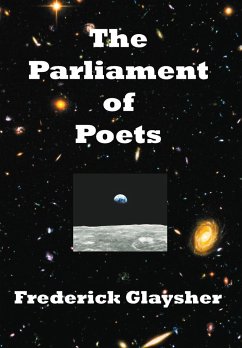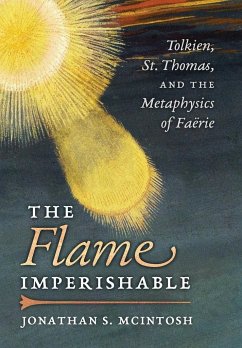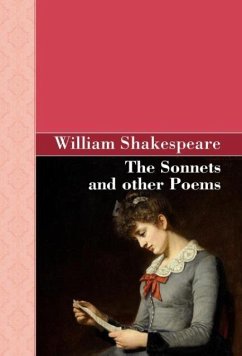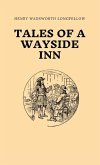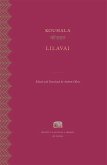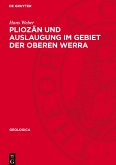The Parliament of Poets: An Epic Poem (2024 revised edition) takes place partly on the moon, at the Apollo 11 landing site, the Sea of Tranquility, and around the world. Apollo, the Greek god of poetry, calls all the poets of the nations, ancient and modern, East and West, to assemble on the moon to consult on the meaning of modern life. The Parliament of Poets sends the main character, the Poet of the Moon, on a Journey to the seven continents to learn from all of the spiritual and wisdom traditions of humankind. On Earth and on the moon, the poets teach a global, universal celebration of life. One of the major themes is the power of women and the female spirit across cultures. Another is the nature of science and religion, including Quantum Physics, as well as the "two cultures," science and the humanities. All the great shades appear at the Apollo 11 landing site in the Sea of Tranquility: Homer and Virgil from the Greek and Roman civilizations; Dante, Spenser, and Milton hail from the Judeo-Christian West; Rumi, Attar, and Hafez step forward from Islam; Du Fu and Li Po, Basho and Zeami, step forth from China and Japan; the poets of the Bhagavad Gita and the Ramayana meet on that plain; griots from Africa; shamans from Indonesia and Australia; Murasaki Shikibu, Emily Dickinson, and Jane Austen, poets and seers of all Ages, bards, rhapsodes, troubadours, and minstrels, major and minor, hail across the halls of time and space. That transcendent Rose symbol of our age, the Earth itself, viewed from the heavens, one world with no visible boundaries, metaphor of the oneness of the human race, reflects its blue-green light into the blackness of the starry universe. "A great epic poem of startling originality and universal significance, in every way partaking of the nature of world literature." --Hans Ruprecht, Carleton University, Ottawa, Canada "Very readable and intriguingly enjoyable. A masterpiece that will stand the test of time." --Poetry Cornwall, No. 36, England, UK
Hinweis: Dieser Artikel kann nur an eine deutsche Lieferadresse ausgeliefert werden.
Hinweis: Dieser Artikel kann nur an eine deutsche Lieferadresse ausgeliefert werden.

